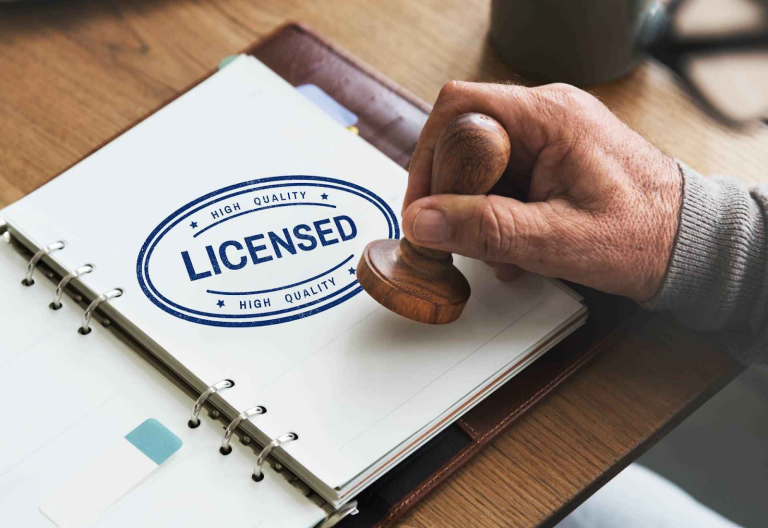How to Convince an Addict to Getting Into Rehab in Loveland
Addicts are usually not aware of their addiction problem or simply deny it. That can be an obstacle on their way to recovery. They can feel ashamed or insecure about their addiction, or they don’t think they’re ready to give it up. Negative thoughts would also discourage them from seeking help, and the dependence would just get stronger.
The process of recovery is challenging, but it’s not impossible. But telling the addict that they need help is not easy. It’s even harder to do when they’ve been defiant about it. You might have the best intention, but you might do it wrong.
Regardless of the situation, forcing addicts to start rehab in Loveland is unlikely to work. Rather than putting pressure on someone to change their bad habits, you should change your approach and help them take the first step toward recovery. First, try to make them aware of the benefits of rehab and how you can support them. Then, make a plan and follow it faithfully.
Table of Contents
Learn About Addiction
Before you approach your loved one with the idea of rehab, get educated about addiction. If possible, get to know the symptoms of addiction and how rehab can help. Besides, learning about substance abuse or problematic behavior can help you build a solid case for starting rehabilitation.
After learning some basics, try to understand what is behind an addict’s problem. Addicts often lie or deny their problems, but you know they need help. And you can help them understand and embrace their situation by sharing statistics and trends related to this disease.
It’s also essential to educate yourself about treatment options. You will be able to approach your loved one with confidence and knowledge about the rehab importance. If you don’t give them the facts about their condition and recovery options, they might get worse before entering rehab.
Plan Your Intervention
When you make an intervention plan, you will have less room for the addict to argue or deny the severity of the situation. First, you should plan a private meeting. Try to arrange it when the addict is sober. Then, you can write down the conversation topics you’ll discuss and questions that should reveal their behavior triggers. Knowing the reasons behind someone’s addiction can determine the course of your intervention.
Understanding why addicts turn to vices and what it does to them will give you the confidence you need to approach them with the offer of rehab. You’ll be able to persuade them to seek help if they truly want it. Identify specific examples of the harm the addiction causes. Also, mention particular treatment options and express your support.
You can also get the help of an interventionist to help you in the process. Experts from rehab centers will help you make the intervention effective. Also, they will guide you on how to talk and behave toward the addict depending on the severity of their problems.
Show Empathy
Addicts are difficult to live with. You’ll likely experience heartbreak and pain as they hurt their loved ones and themselves. But you must stop falling prey to their lies and manipulations. Your support is necessary to convince them to take action.
Below are few handy guidelines on talking to someone with dependence problem:
https://www.changegrowlive.org/advice-info/family-friends/drinking-drugs-how-to-talk-to-someone
If you intervene to convince an addicted friend or family member to enter rehab, show them that you’re on their side when they need that most. Empathize with their struggles and be honest about your own. They need to understand that they’ve made a mistake.
Showing them your support and empathy will help them decide to go to rehab. Letting the addicts know that they’re not to blame for their addiction can be a huge milestone toward recovery. But if the addicts feel guilty, they’re unlikely to believe you and will refuse any help.
Don’t Enable Addiction

When talking to a person struggling with substance abuse, it’s important to remember that many of them do not change until they face the consequences. So don’t try to diminish or cover them. In other words, it’s crucial not to enable an addiction by trying to change the person’s mindset. While enabling tendencies may be well-intended, they can have the opposite effect.
Another way to enable addiction is by making excuses for the addict’s behavior. For example, a mother who finds missing money might think her teenager needs it for school and will excuse the behavior. But, whatever the excuse, it will only perpetuate the problem.
After getting educated about addiction and understanding the underlying triggers of someone’s addiction, try to set boundaries and stop enabling. For example, be very specific about who they shouldn’t invite to their homes. Also, don’t give them money to buy or access addiction triggers. It’s tough love, but it works.
Take Part in Recovery Treatments
Convincing an addict to start rehab isn’t always easy. The person you’re trying to help may deny it and be afraid of the rehab process. One way is to give them real support and example by taking a direct part in their recovery treatments. Visit the addicts if they apply for an inpatient program, and attend family therapies and counseling regularly.
Don’t Give Up
Addicts may deny that they have a problem or try to hide it from friends and family. As seen here, loving an addict is a real challenge. Be patient and sympathetic, but make it clear that they need help and should get professional help. Also, a good intervention aims to communicate the effects of addiction on the addict. Finally, approach the process calmly and avoid negative emotions that might make you think it’s not worth your efforts.
Addiction is a complex interplay of nature and nurture, so it may be difficult for you to approach your loved ones in trouble. They won’t change if they feel judged or lack support. Provide them with those and take an active role in their recovery. It will probably be a long process, but it will be worth it.







